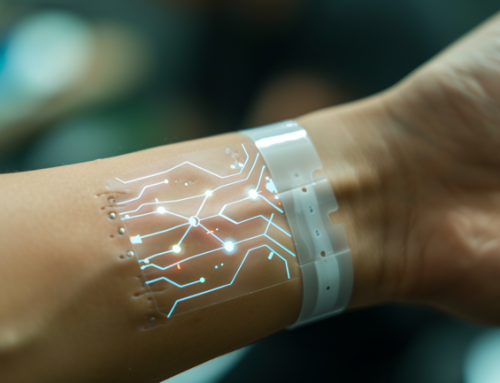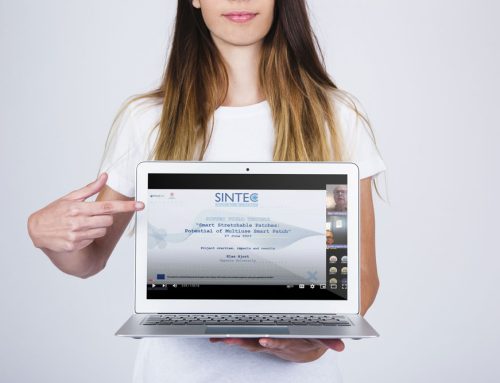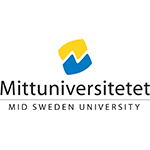The future of sport monitoring devices is looking increasingly promising, with advancements in technology allowing for ever more precise and detailed data collection. These devices are designed to help athletes and coaches track and analyse various aspects of performance, from physical activity levels to sleep patterns and even mental well-being.
One of the most exciting developments in the world of sport monitoring devices is the rise of wearable technology. These devices, such as smartwatches and fitness trackers, are worn on the body and can measure a wide range of data points, including heart rate, steps taken, and calories burned. Some even include GPS tracking, allowing for detailed analysis of running or cycling routes. With the help of machine learning and AI, these devices can also provide real-time feedback and personalized training recommendations to help athletes improve their performance.

Another promising area of development is in the field of bio-monitoring. These devices are worn on the body and can track various physiological markers, such as lactic acid levels and muscle fatigue, to provide a more complete picture of an athlete’s overall health and well-being. These devices can also detect early signs of injury or overtraining, helping to prevent serious injuries and keep athletes on the field longer.
Another area of sport monitoring devices that is gaining momentum is the monitoring of mental well-being. Devices such as smart headbands or headbands that monitor brain activity help coaches and athletes to understand and improve mental performance. They offer insight into focus, attention and relaxation, which can help athletes to perform better and reduce the risk of burnout.

Finally, an area of sport monitoring devices that is just starting to take off is the use of virtual and augmented reality. With the help of these technologies, coaches and athletes can simulate real-life scenarios, allowing them to practice and perfect their skills in a safe and controlled environment. This can be especially useful for sports such as football, basketball and soccer, where players need to make quick decisions and react to rapidly changing conditions on the field.
Overall, the future of sport monitoring devices is looking bright, with new and exciting developments in technology that are helping to revolutionize the way that athletes and coaches train, compete and recover. With the help of these devices, athletes and teams are able to gain a competitive edge and achieve their goals, whether it be in a professional or amateur setting.
SINTEC Project has been developing this kind of solutions for 4 years now, and we showed our findings and our solutions in our Final Workshop in April.








Leave A Comment